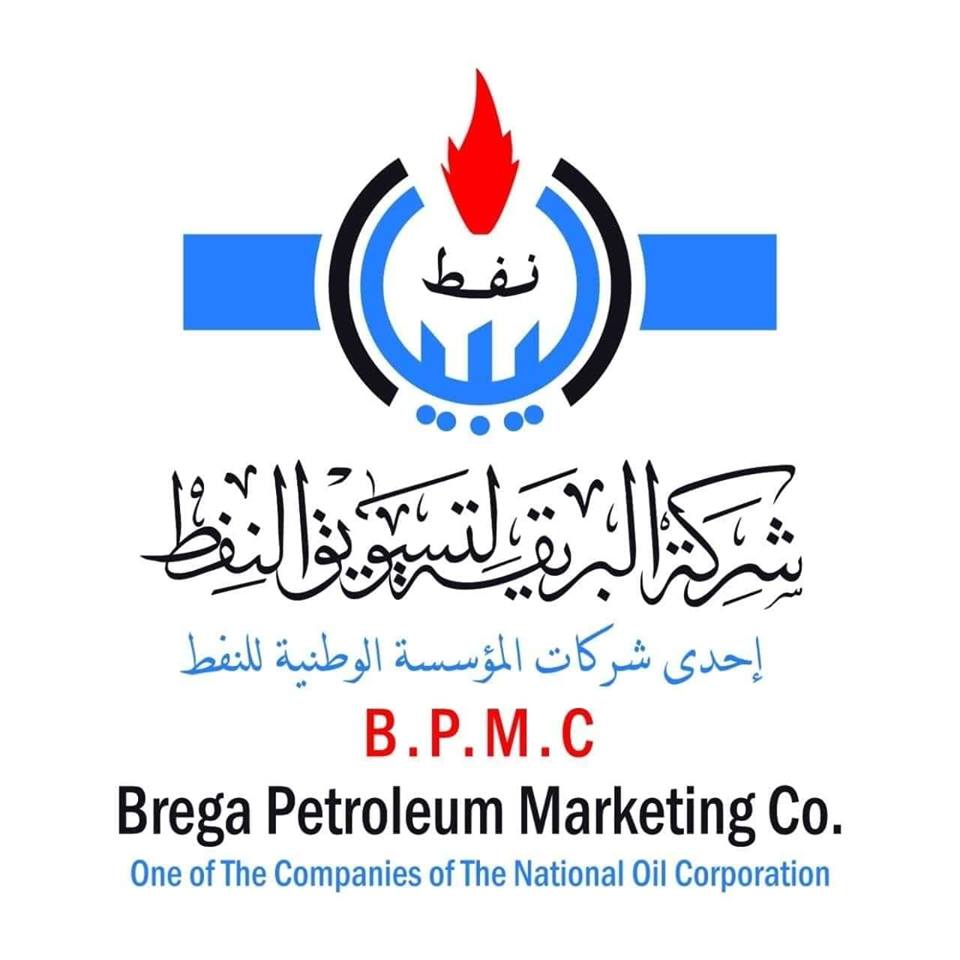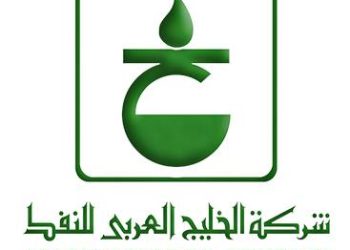Brega Marketing Company, the National Oil Corporation (NOC) subsidiary responsible for fuel imports and distribution, announced yesterday that its own petrol stations will open and receive fuel over a 24-hour period. This suggests that it will not include the two main privately-owned petrol stations (Sharara and Rahila).
The move comes in response to the reappearance of queues at Tripoli’s petrol stations, and Brega says it is part of the efforts made to address the fuel crisis and ease congestion at the stations.
As usual, it is unclear why exactly a sudden fuel crisis has flared up. The authorities insist that there is no shortage of fuel, however, the reality is that petrol queues had started to lengthen over the last week.
e-tracking (GPS) of fuel distribution trucks introduced
In a move that may or may not be related to the sudden fuel crisis, Brega Marketing announced on 5 August the launch
Of its electronic fuel truck tracking system (GPS). Although some independent commentators on Libyan media have challenged whether the new system can indeed do the following, Brega claims that the new system offers:
* The possibility of direct communication with drivers.
* SOS emergency alarm system.
* Ability to stop the truck engine remotely.
* Accurate identification of cargo unloading locations.
This project, Brega added, underscores its commitment to digital transformation and enhanced oversight to serve the public interest.
If successful, a possible quantum leap in Libya’s anti-fuel smuggling efforts?
Successive Libyan governments since the 2011 revolution have made unsuccessful efforts to counter the country’s huge cross land and sea border fuel smuggling problem. Last month, Naji Issa, Governor of the Central Bank of Libya put the country’s annual fuel smuggling bill at about LD 20 billion (US$ 2.7 bn). This equates to about a third of all annual government fuel subsidies.
The launch of e-tracking (GPS) of fuel trucks is part of the government’s wider effort to counter this fuel smuggling across land to neighbouring countries and across the sea to states where fuel prices are unsubsidised to the high levels of Libya. A subsidised litre of petrol in Libya today costs LD 0.15 – about US$ 0.02.
It will be recalled that in July 2024, Tripoli based Libyan Prime Minister, Abd Alhamid Aldabaiba, and the head of the Audit Bureau, Khaled Shakshak, attended a workshop on launching an enhanced fuel truck tracking and fuel monitoring system on Brega fuel trucks.
This ‘‘anti-fuel smuggling system’’ involves converting the fuel outlet valves on fuel delivery trucks from simple mechanical valves that can be opened by anyone at any time, to electronic valves that can only be opened at the targeted petrol station.
The system also includes an electronic fuel gauge to measure the amount of fuel delivered; electronically sealed fuel inlets and control cameras fitted to the delivery truck.
In parallel to this, an electronic gauge is to be installed at the fuel tanks in petrol stations.










